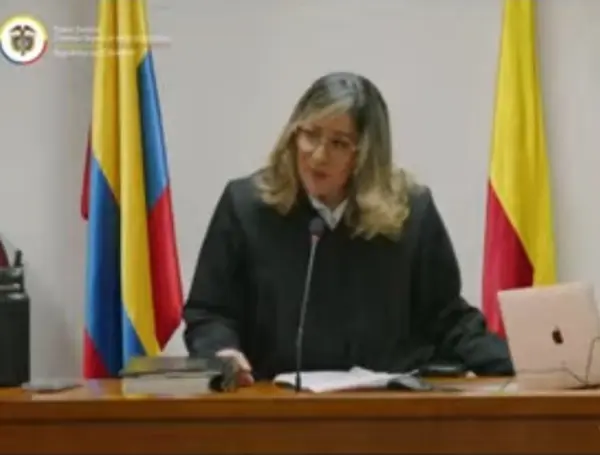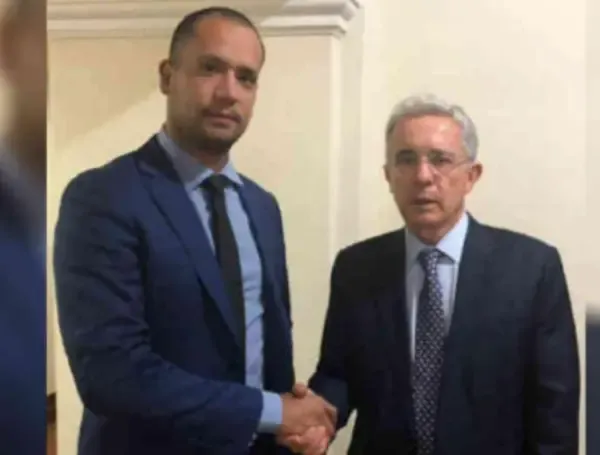As expected, the case against former President Álvaro Uribe Vélez, for alleged procedural fraud and bribery of witnesses, will now immediately be transferred to the Superior Court of Bogotá.
This is the judicial route taken after the 44th Criminal Circuit Judge of Bogotá, Sandra Heredia Aranda, read the first-instance verdict on Monday, July 28, finding Uribe Vélez guilty of bribery in criminal proceedings and procedural fraud in three cases. She also dismissed the simple bribery charge.
Terms for appeal are running

Beyond the political effects that the verdict will trigger - in the middle of a pre-election year, with Uribe as head of one of the opposition parties and with the United States attentive to the outcome of the process - there are still other instances to be taken on the judicial board.
However, everything will be subject to at least the second instance taking place before October 16, the date on which the case would expire after being active for nearly 13 years.
Indeed, the case against former President Uribe arose in 2012, after he, as a senator, filed a complaint with the Supreme Court against Iván Cepeda for visiting prisons in the United States and Colombia in search of testimony from paramilitaries that implicated the former president and his brother Santiago in paramilitary activity.
However, the case against Cepeda was closed in 2018 and it was Uribe who began to be investigated for allegedly offering bribes to change the testimonies against him and point the finger at Cepeda.
Back to Court?

If the Superior Court of Bogotá overturns the first-instance ruling before the statute of limitations expires, either party may file an appeal.
In this case, the case file would return to the Supreme Court from where it came after the former president was issued a house arrest restraining order, which he served at his El Ubérrimo estate in Córdoba.
The former president resigned his seat in the Senate in August 2020, remaining outside the legal jurisdiction of the Court, regaining his freedom and remaining in the hands of the Prosecutor's Office, which on two occasions requested the dismissal of the case and then decided to accuse.
If the case is passed to the Supreme Court's Cassation Chamber (with different judges than those at the beginning of the case), the high court has 5 years to issue its verdict, which would become the judicial final point (at least in Colombia) of the case.
In Freedom

Criminal law experts—including Jaime Granados, the former president's attorney—agree that this entire process should be completed with Uribe Vélez free.
Furthermore, a precautionary measure of detention could only be requested if the first and second instance rulings are condemnatory.
Another effect could be felt in the ongoing trial of Diego Cadena, Álvaro Uribe's former attorney, for the same conduct. His case is in the ordinary courts awaiting a ruling.
@UinvestigativaET

